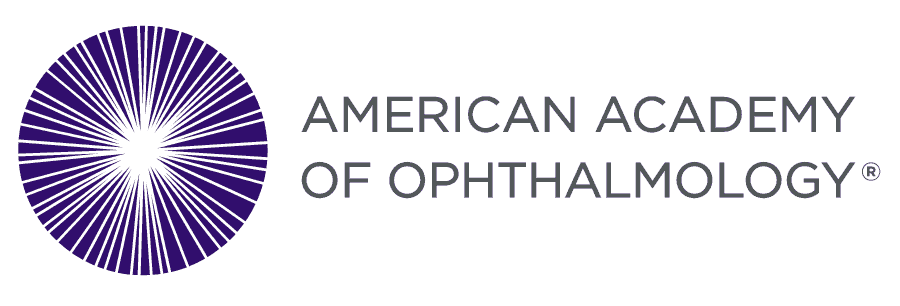According to the National Eye Institute (NEI), myopia is a “common type of refractive error where close objects appear clearly, but distant objects appear blurry” and myopia treatment options range from common glasses or contacts to myopia surgery.
What is myopia?
Commonly referred to as nearsightedness, myopia essentially means that the eyeball is unable focus the image properly on the retina, causing what you are seeing to focus at a point in front of the retina.
This could be because the eyeball is too long from front to back or because the cornea is too curved for the eye length. It could also be caused by an overly thick lens, or some combination of issues relating to the lens, eyeball length, and cornea.
Whatever the cause, the reality is that your vision will be impacted in a negative manner, causing you to have trouble focusing properly on objects at a distance.
NEI statistics show that as of 2004, the percentage of the US population with myopia has grown to 41.6% (a growth of 16.6% from 1972) and that was well over ten years ago so the percentages are likely much higher today.
The sheer volume of people with myopia, and its prevalence as a predisposing factor for other eye related issues such as glaucoma, retinal detachment, and myopic retinopathy, have many eye specialists referring to myopia as a significant public health problem that is getting worse.
Degenerative Myopia
In many cases, nearsightedness is an inconvenience in that it poses little or no risk to the health of the eye. The more serious related issues come from the retinal detachment, myopic retinopathy, and glaucoma that myopia can be a predisposing factor for. In all of those cases, treatment is required by an ophthalmologist.
Degenerative myopia is a rare condition that is also referred to as malignant myopia or pathological myopia. This disorder is an accelerated version of myopia that often occurs in children, is usually genetic (hereditary), and leads to a rapid loss of vision and legal blindness.
Treating Myopia
The primary treatment options for myopia include glasses and contacts. While these myopia treatment choices are exceptionally effective at correcting the refractive error that causes the myopic focus, these treatment options do not slow eye growth or stunt axial elongation.
Laser refractive surgery as a myopia treatment removes a piece of corneal tissue to properly allow the light to focus in the correct position, and can reduce or possibly eliminate the need to wear glasses or contacts.
The Myopia Specialists at FLEI
If you are experiencing constant squinting, eye strain, headaches, strong eye fatigue when driving or playing, or have glasses (or contact lenses) for nearsightedness and still experience these or other related symptoms, make sure to schedule a comprehensive consultation with one of the specialists here at the Fort Lauderdale Eye Institute to assess the specifics of your situation, properly diagnosis the myopia or any other serious ocular disorders, and discuss the alternatives.
This way, you can make sure that your myopia is manageable, find out if you are a candidate for clear vision through simple laser surgery, and ensure that you don’t have any of the serious ocular disorders that myopia is a predisposing factor for.






